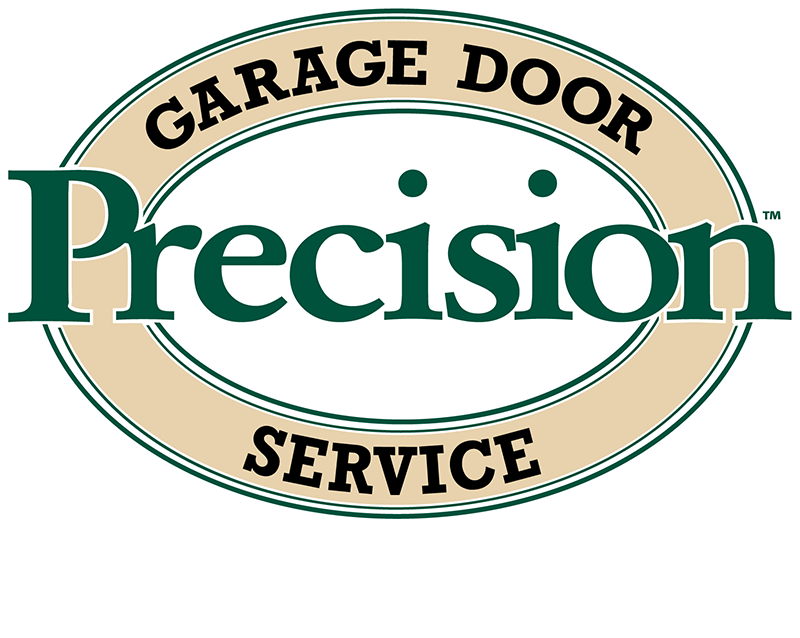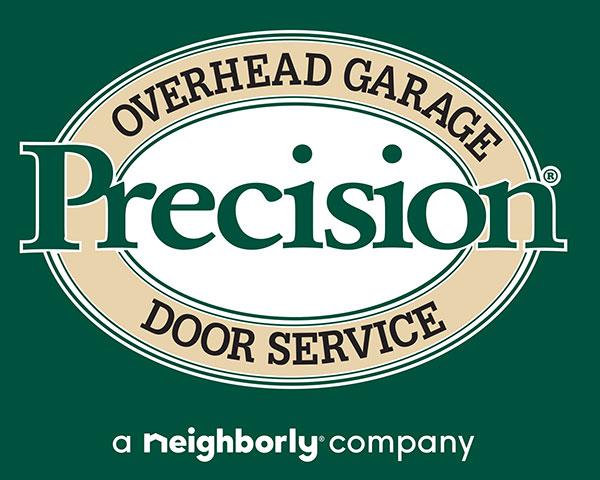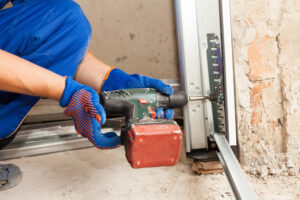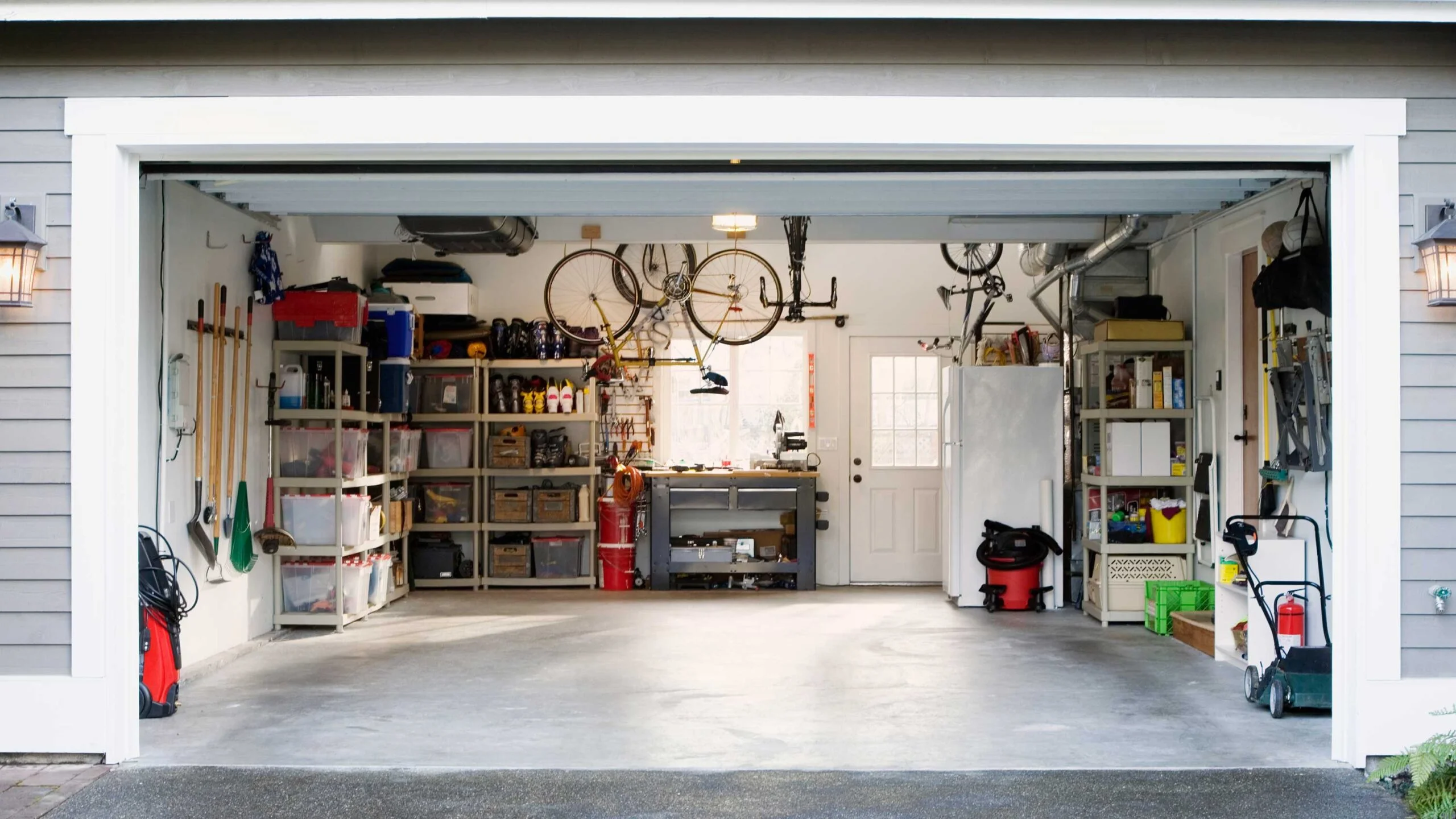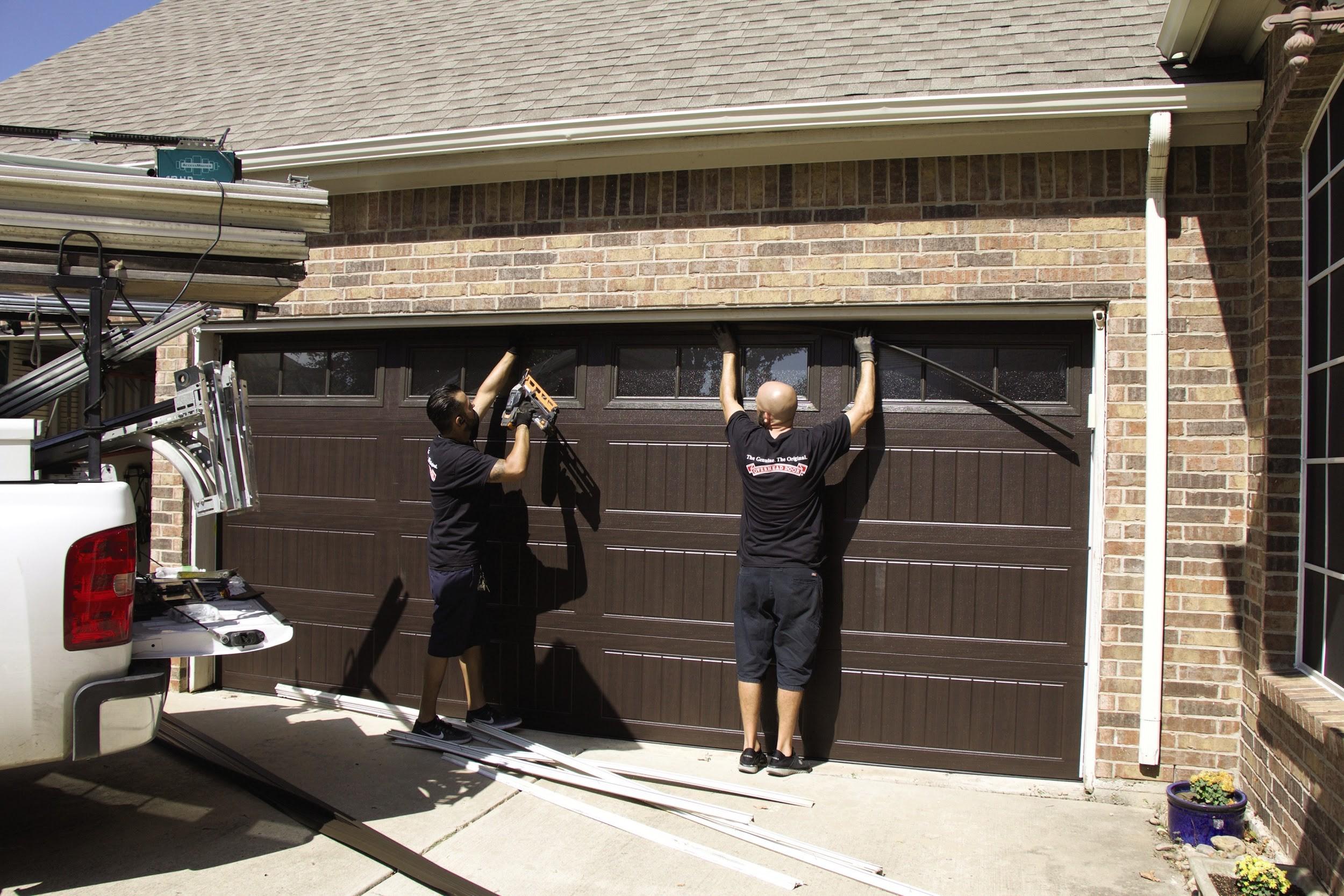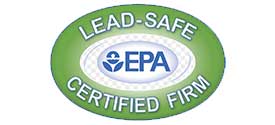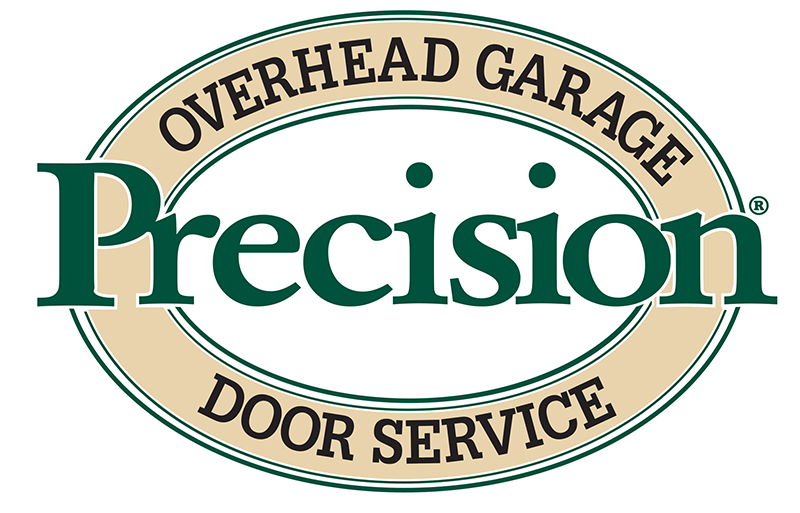Three Ways Damaged Masonry Affects Your Home’s Garage Door
Brick and mortar are often used as a decorative feature or structural element of a home. When bricks will be installed above a large opening such as a garage door or a window, a lintel is used. The lintel, usually made of metal, is designed to support the weight above the opening. Problems with the bricks, mortar or lintel can have consequences for your garage door. If you notice problems with the masonry above your garage door, it is a good idea to have it corrected before you arrange for a new garage door installation.
Frame Contortion
Frame contortion is a direct consequence of a damaged lintel. The lintel will form the upper part of the opening for your garage door. Bowing of the lintel will cause the door’s frame to sag in the middle. This may cause your garage door to get scraped or damaged. It may also make it difficult to close the garage door or open it all the way.
Rust
Damaged bricks and mortar allow moisture to penetrate the garage. This can cause rusting of the garage door’s panels and fasteners. The door’s tracks may also rust. If there is only minor damage to the bricks and mortar, a mason may be able to re-point it with new mortar.
Wall Collapse
Severe damage to the bricks and mortar above and around the garage door could cause the entire wall to collapse. If the wall starts to bow, this is a sign that major repairs are needed. You would likely notice the bowing after cracks develop. The area above the garage door is likely to bow before the areas to the sides of the door. If you notice inward or outward movement of the bricks, schedule masonry repairs.
